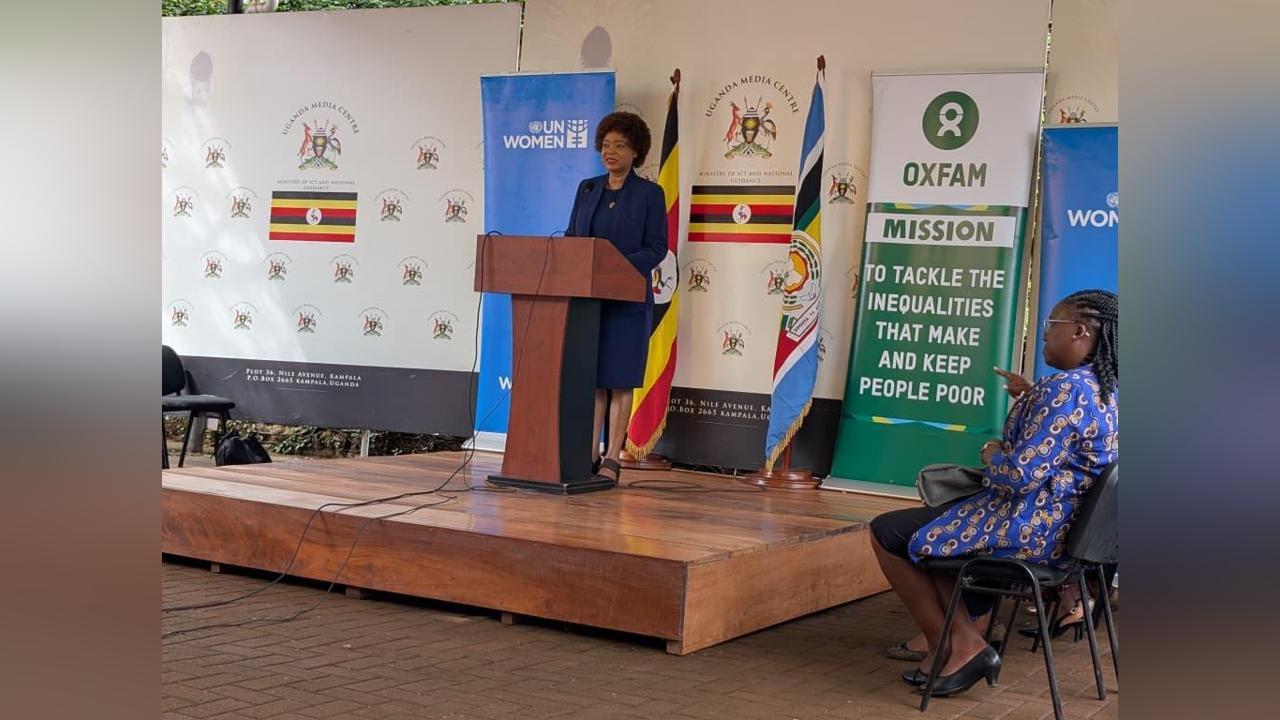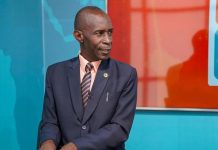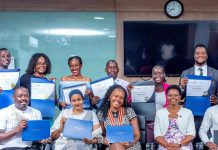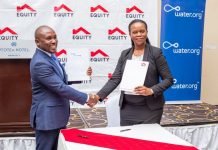Africa-Press – Uganda. As the world marks 25 years since the adoption of the landmark United Nations Security Council Resolution 1325 on Women, Peace and Security, Uganda has joined global partners and civil society organisations in reaffirming its commitment to advancing women’s leadership in peace building and conflict prevention.
Speaking at the commemoration in Kampala, UN Women Country Representative in Uganda, Paulina Chiwangu, hailed Uganda for its leadership and progress in implementing the Women, Peace and Security (WPS) agenda.
“Resolution 1325 affirmed that women’s participation is essential for preventing conflict, promoting peace, and rebuilding societies torn apart by war and insecurity,” said Chiwangu. “Women are not just victims of conflict but powerful agents of peace, recovery, and transformation.”
Uganda’s contribution to the global WPS agenda has been widely recognised. While serving as a non-permanent member of the UN Security Council in 2009 and 2010, Uganda played a pivotal role in the adoption of Resolutions 1888 and 1960, both of which strengthened protections against sexual violence in armed conflict and enhanced accountability mechanisms.
Domestically, Uganda launched its third National Action Plan (2021–2025) on Women, Peace and Security under the leadership of President Yoweri Museveni.
The plan has been hailed globally as progressive and high-impact for including emerging issues such as climate change, disaster risk reduction, the refugee crisis, and women’s role in peace building around land conflicts and pandemics.
“This plan reflects Uganda’s inclusive and participatory approach,” Dr. Chiwangu noted. “Its success lies in collaboration across government ministries, civil society organisations, and development partners.”
Through the joint efforts of UN Women, the Ministry of Gender, Labour and Social Development, and partners such as Norway, Japan, and Austria, Uganda has made tangible progress in localising the WPS agenda.
Women’s participation in district peace committees has increased from 17% in 2021 to 46% in 2025, while representation in disaster management committees rose from 7% to 41%. For the first time, five women now serve in influential roles within traditional justice structures in Northern Uganda—shaping reconciliation and promoting gender-responsive justice.
Civil society organisations have also developed 20 local action plans across districts, promoting peace mediator networks and grassroots initiatives that tackle issues such as violent extremism, land disputes, and domestic violence.
“Women’s leadership in peace and security begins at the grassroots,” emphasised Chiwangu. “When women lead, peace follows.”
Despite these achievements, challenges persist. Globally, 600 million women and children live in conflict zones—the highest number since the 1990s—while 60 million displaced women and girls face elevated risks of gender-based violence.
Uganda, hosting nearly 1.95 million refugees, 78% of whom are women and children, continues to feel the pressure of global instability and resource scarcity.
“In an increasingly resource-constrained environment, women and girls both refugees and host communities bear the greatest burden,” Chiwangu warned.
She called for greater investment in women’s leadership, youth engagement, and financing for local action plans, stressing that Uganda’s predominantly young population (73% under the age of 30) must be meaningfully included in peace processes in line with UN Security Council Resolution 2250 on youth, peace, and security.
“We must change social and cultural norms that limit women’s agency and undermine gender equality,” she added. “Doing so will unlock inclusive growth, prosperity, and lasting peace.”
As Uganda celebrates 25 years of progress, UN Women reaffirmed its commitment to ensuring that women remain central to peace and security efforts at all levels.
“The past 25 years have shown us what is possible,” Chiwangu concluded. “The next 25 will determine how far we go—when women lead the way.”
For More News And Analysis About Uganda Follow Africa-Press






